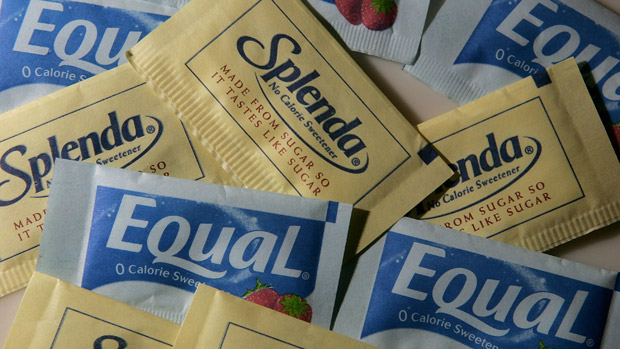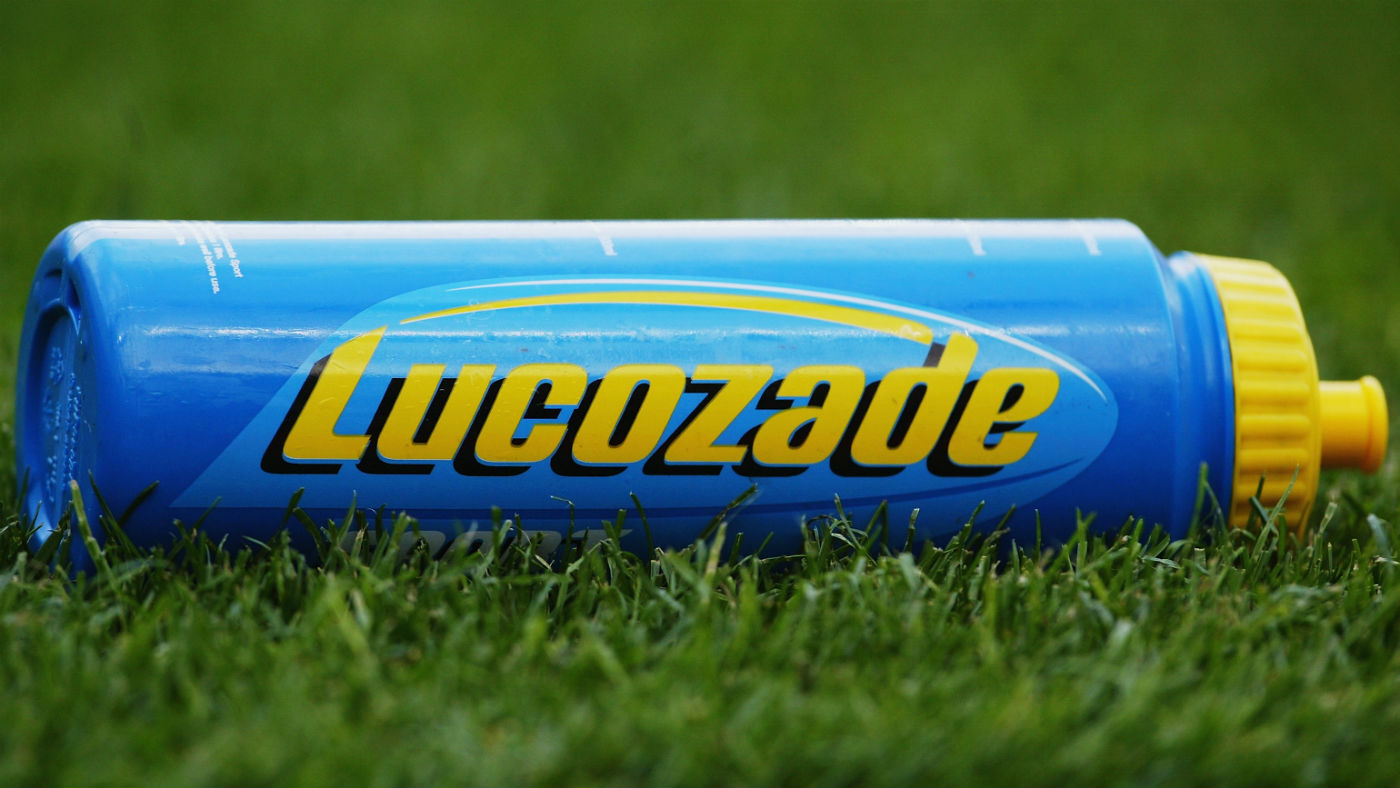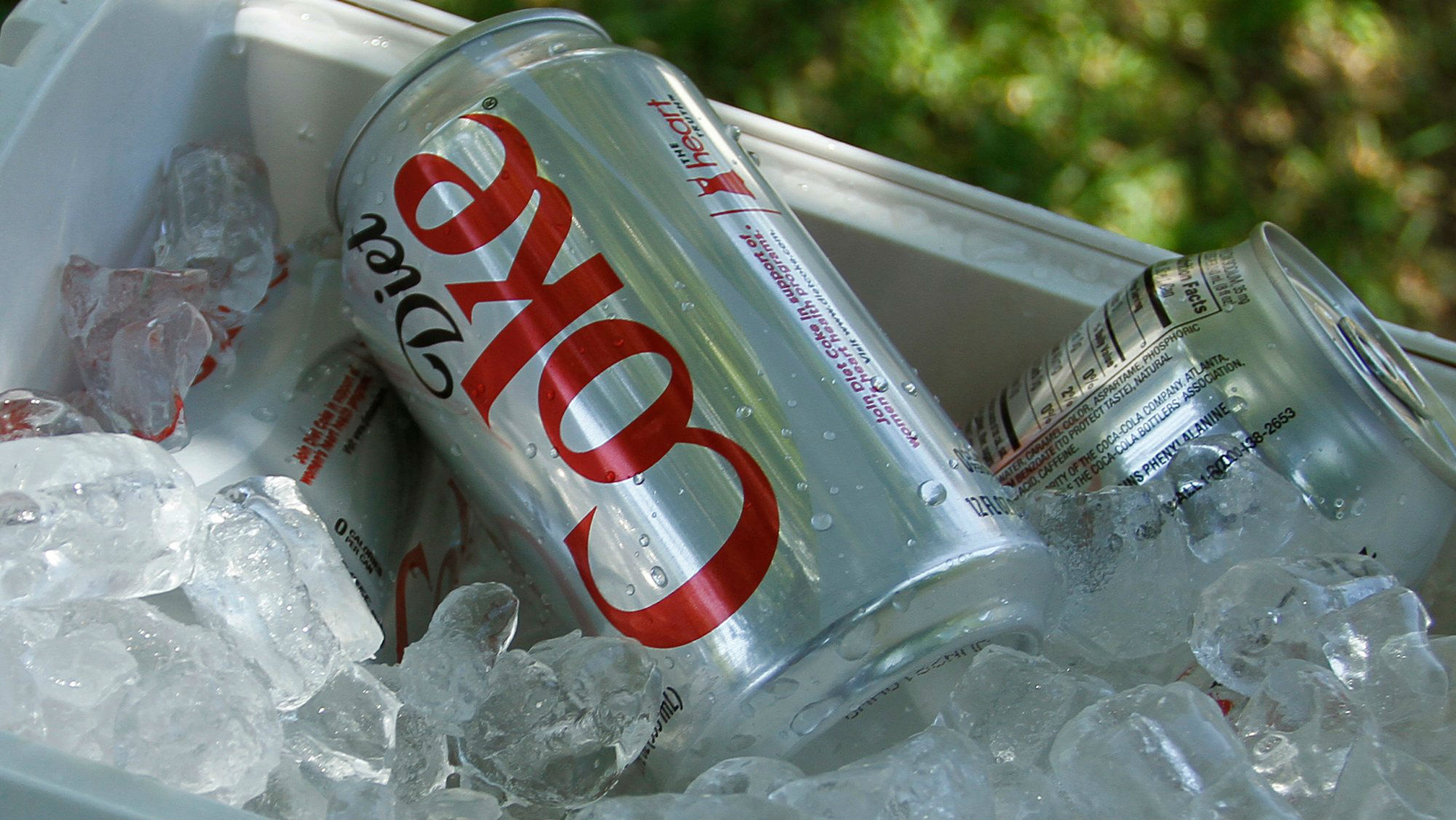Artificial sweetener debate: is it really bad for you?
Despite a new study linking them to diabetes, scientists still can't agree on artificial sweeteners

A free daily email with the biggest news stories of the day – and the best features from TheWeek.com
You are now subscribed
Your newsletter sign-up was successful
Consuming artificial sweeteners could increase the risk of developing diabetes, a controversial new study has found. Researchers at the Weizmann Institute of Science in Israel discovered that the sweeteners disrupted healthy microbes living in the gut, causing a rise in blood pressure.
"Our findings beg reconsideration of the massive, unregulated use of these substances," according to lead researcher Dr Eran Elinav. However, not everyone is in agreement. “This new report must be viewed very cautiously,” Stephen O’Rahilly, director of the Metabolic Diseases Unit at Cambridge University told the Guardian, “as it mostly reports findings in mice."
Over a quarter of UK households buy food or drink containing artificial sweeteners, yet scientists do not agree on whether or not they are a dangerous chemical or a healthier alternative to sugar.
The Week
Escape your echo chamber. Get the facts behind the news, plus analysis from multiple perspectives.

Sign up for The Week's Free Newsletters
From our morning news briefing to a weekly Good News Newsletter, get the best of The Week delivered directly to your inbox.
From our morning news briefing to a weekly Good News Newsletter, get the best of The Week delivered directly to your inbox.
Artificial sweeteners such as aspartame and sorbitol are used in diet drink and food in the UK and can be hundreds of times cheaper than sugar to produce. An animal study at Harvard University revealed that saccharin, a popular sweetener in the US, is actually more addictive than cocaine.
So, are they safe?
Artificial sweeteners have been linked to a long list of serious health concerns such as cancer, strokes and high blood pressure.
But, according to the UK's Food Standards Agency, the European Food Safety Authority (EFSA), the NHS and Cancer Research UK they are safe to consume.
A free daily email with the biggest news stories of the day – and the best features from TheWeek.com
All sweeteners approved for use in the UK have passed rigorous testing and were found not to be harmful to humans. "Studies on artificial sweeteners have found that they do not increase the risk of cancer," Cancer Research UK says.
However, others argue that these studies are unable to reveal the long-term effects the chemicals will have.
Does that mean they are good for you?
Well, yes and no. Some studies have shown that artificial sweeteners can help prevent tooth decay, control blood sugar levels and reduce calorie intake, therefore helping people to lose weight and avoid diseases associated with obesity.
But sceptics warn that artificial sweeteners in diet drinks may actually do the opposite, and could promote weight gain. "It is possible that people who routinely use them may wind up desensitized to sweetness" obesity researcher Dr David Ludwig told Harvard Health.
This could mean healthy foods may become unappetising by comparison. "The calories removed from the diet by the sugar-for-sweetener swap may sneak back in, in the form of refined carbohydrates and low-quality fat".
-
 The ‘ravenous’ demand for Cornish minerals
The ‘ravenous’ demand for Cornish mineralsUnder the Radar Growing need for critical minerals to power tech has intensified ‘appetite’ for lithium, which could be a ‘huge boon’ for local economy
-
 Why are election experts taking Trump’s midterm threats seriously?
Why are election experts taking Trump’s midterm threats seriously?IN THE SPOTLIGHT As the president muses about polling place deployments and a centralized electoral system aimed at one-party control, lawmakers are taking this administration at its word
-
 ‘Restaurateurs have become millionaires’
‘Restaurateurs have become millionaires’Instant Opinion Opinion, comment and editorials of the day
-
 Tirzepatide and the other ‘breakthrough’ obesity drugs
Tirzepatide and the other ‘breakthrough’ obesity drugsfeature Huge demand for weight-loss medication means prices have soared
-
 Can lack of sleep make you fat?
Can lack of sleep make you fat?Speed Read New study suggests just one sleepless night can make your body store extra fat
-
 Woman wins payout over confiscated Lucozade
Woman wins payout over confiscated LucozadeSpeed Read Diabetic student Kayla Hanna was ordered to hand over energy drink at rock concert
-
 What are the five types of diabetes?
What are the five types of diabetes?Speed Read New study suggests the disease is more complex than previously thought
-
 Gargling mouthwash twice a day could increase diabetes risk, new study says
Gargling mouthwash twice a day could increase diabetes risk, new study saysSpeed Read Harvard researchers discovered mouthwash kills beneficial bacteria that fight off obesity and diabetes
-
 Zero sugar - zero effects? Why 'diet' drinks might not work
Zero sugar - zero effects? Why 'diet' drinks might not workSpeed Read Artificially-sweetened drinks don't help with weight loss or diabetes, say Imperial College London scientists
-
 Is hitting the snooze button damaging your health?
Is hitting the snooze button damaging your health?Speed Read Snoozing may bring short-term pleasure, but it could be doing you long-term harm